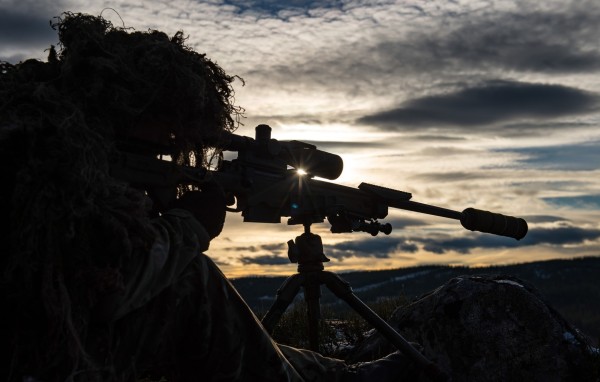

The British Army has an interesting take on what makes a good advisor to foreign forces.
To begin with, the three top attributes for which the selection process filters are “Humility, self-reliance and restlessness.” Also “patience and empathy,” states Brig. James Roddis. I don’t think I’ve ever seen an American military requirement along those lines. “I need people who are patient and comfortable in their skin,” he explains.
One reason he needs emotional maturity, he adds, is “the leader must have the confidence to not have every idea.. . .They have to trust their Lance Corporals and Corporals to run more stuff.”
A few other interesting observations in this short article:
- “You must be comfortable in leaving tasks horribly unfinished because success, certainly in the initial phases of a task, might simply be being asked back.”
- ” Everything they do must be sustainable. A mature ego is important – do no harm must be the mantra. The worst thing you can do during your task is make your successors’ jobs more difficult.”
- “Leaders in the Specialized Infantry will need to be comfortable feeling uncomfortable. They will recognise problems, accept the problems need to be solved, yet also accept that they will not be able to solve them in their own deployment cycle. All this leads to the acceptance that their role is actually laying the foundations for their successor’s successor to help the partner force blossom.”
- “Tactical success is not always the top priority. “During the first few iterations of a mission the most critical task is establishing a relationship.” (This made me think of a phrase I hate: “Failure is not an option.” I think it really is a way of justifying risk aversion. If failure isn’t an option, then you are not taking enough risks. And you may be seeking strategic gains without taking tactical risks, which is a recipe for stalemate or worse.)